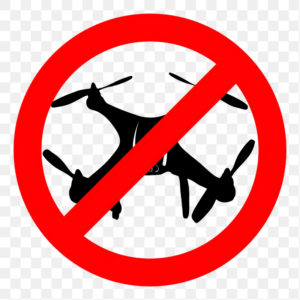
At the halfway point of cobbling together a set of standards and best practices for the nation’s critical infrastructures to consider implementing to bolster their cyber security postures, the Obama Administration yesterday released several reports on potential incentives to encourage industry adoption of these standards and practices. The reports were prepared by the Departments of Homeland Security, Commerce and Justice and include recommendations to President Barack Obama. The White House is making the draft report public in the interests of…

 By
By 










